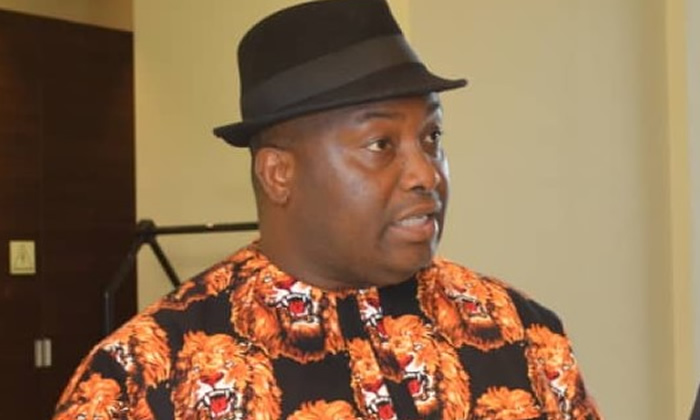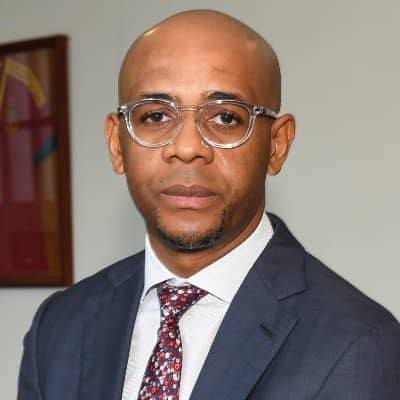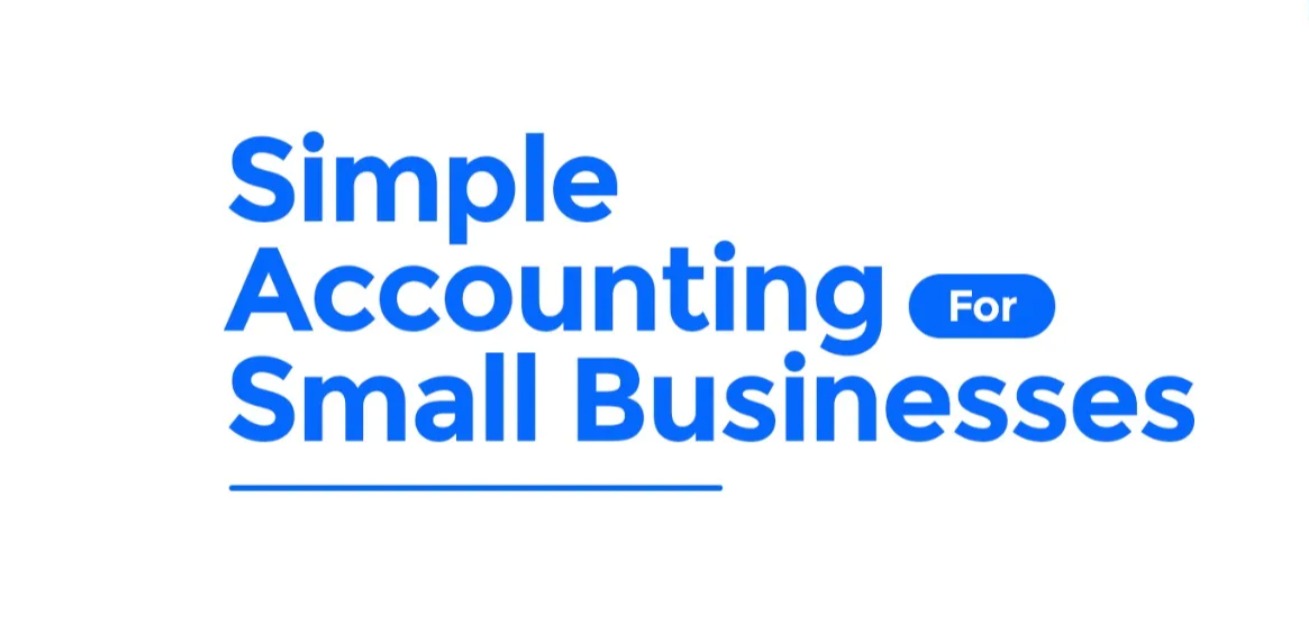 The Lagos State Government has begun full enforcement of its ban on certain categories of single-use plastics (SUPs), specifically those under 40 microns in thickness, effective Tuesday, July 1, 2025. Announcing the move at a press conference held at the Ministry of the Environment and Water Resources, Commissioner Tokunbo Wahab reiterated the states firm commitment to the policy, stressing there would be no reversal or further extensions. There will be no going back on the July 1, 2025 enforcement date, Wahab said, reminding stakeholders that the state had already made its stance clear during the ban on styrofoam containers announced in January 2024.He clarified that the ban does not cover all plastic products, noting that pure water sachets and PET bottles are exempt. However, Wahab criticized producers who, after an 18-month moratorium, have failed to adopt alternatives. If after 18 months the producers have not embraced alternatives to single-use plastics, it simply means they have no intention of complying, he said. Wahala revealed that the state had engaged extensively with stakeholdersincluding the Manufacturers Association of Nigeria (MAN), the Restaurants and Food Services Proprietors Association of Nigeria (RFSPAN), and the Food and Beverage Recycling Alliance (FBRA)before granting a final six-month grace period, which expired on June 30. He emphasised that the policy is driven by concerns for health and environmental safety. The decision was majorly because of the safety and well-being of residents, which the government will never compromise, he said. Lagos, as a coastal state, understands the dangers that styrofoam packs and SUPs of less than 40 microns pose to our drainage channels and ecosystem. They block drains, forcing government to divert funds meant for other social services toward clearing debris, Wahab added The Commissioner also highlighted that Lagos is aligning with global best practices. Single-use plastic bans were first implemented in Bangladesh in 2002. As of August 1, 2019, over 70 countries have introduced similar bans with varying levels of enforcement, while 33 countries have imposed charges per bag, he said. Wahab listed the affected items and reasons for the ban, including: Styrofoam packs, banned for their harmful environmental impact Plastic straws, to reduce waste and promote sustainability Disposable plastic cups and cutlery, to minimize plastic pollution Lightweight nylon bags, due to their non-reusable and non-biodegradable nature He noted that while production of these items is not entirely outlawed, they must no longer be circulated or sold within Lagos. Producers and distributors can sell these items outside the state, he said. Rejecting objections motivated by profit, Wahab stated, The state does not intend to join issues with any group selfishly interested in profiteering. Addressing fears of job losses, he reassured the public that no jobs will be lost during this transition. In fact, more jobs will be created when producers adopt safer alternatives that ensure a sustainable environment. He warned that violators would face strict penalties under existing environmental laws. Any market or store found storing, selling, or distributing single-use plastics under 40 microns will be sealed, the items confiscated, and offenders prosecuted, he said. Eagan added that the state has developed various enforcement strategies to implement the ban, though these would not yet be disclosed. The post No going back - Lagos begins full enforcement of single-use plastic ban appeared first on Linda Ikeji Blog.
The Lagos State Government has begun full enforcement of its ban on certain categories of single-use plastics (SUPs), specifically those under 40 microns in thickness, effective Tuesday, July 1, 2025. Announcing the move at a press conference held at the Ministry of the Environment and Water Resources, Commissioner Tokunbo Wahab reiterated the states firm commitment to the policy, stressing there would be no reversal or further extensions. There will be no going back on the July 1, 2025 enforcement date, Wahab said, reminding stakeholders that the state had already made its stance clear during the ban on styrofoam containers announced in January 2024.He clarified that the ban does not cover all plastic products, noting that pure water sachets and PET bottles are exempt. However, Wahab criticized producers who, after an 18-month moratorium, have failed to adopt alternatives. If after 18 months the producers have not embraced alternatives to single-use plastics, it simply means they have no intention of complying, he said. Wahala revealed that the state had engaged extensively with stakeholdersincluding the Manufacturers Association of Nigeria (MAN), the Restaurants and Food Services Proprietors Association of Nigeria (RFSPAN), and the Food and Beverage Recycling Alliance (FBRA)before granting a final six-month grace period, which expired on June 30. He emphasised that the policy is driven by concerns for health and environmental safety. The decision was majorly because of the safety and well-being of residents, which the government will never compromise, he said. Lagos, as a coastal state, understands the dangers that styrofoam packs and SUPs of less than 40 microns pose to our drainage channels and ecosystem. They block drains, forcing government to divert funds meant for other social services toward clearing debris, Wahab added The Commissioner also highlighted that Lagos is aligning with global best practices. Single-use plastic bans were first implemented in Bangladesh in 2002. As of August 1, 2019, over 70 countries have introduced similar bans with varying levels of enforcement, while 33 countries have imposed charges per bag, he said. Wahab listed the affected items and reasons for the ban, including: Styrofoam packs, banned for their harmful environmental impact Plastic straws, to reduce waste and promote sustainability Disposable plastic cups and cutlery, to minimize plastic pollution Lightweight nylon bags, due to their non-reusable and non-biodegradable nature He noted that while production of these items is not entirely outlawed, they must no longer be circulated or sold within Lagos. Producers and distributors can sell these items outside the state, he said. Rejecting objections motivated by profit, Wahab stated, The state does not intend to join issues with any group selfishly interested in profiteering. Addressing fears of job losses, he reassured the public that no jobs will be lost during this transition. In fact, more jobs will be created when producers adopt safer alternatives that ensure a sustainable environment. He warned that violators would face strict penalties under existing environmental laws. Any market or store found storing, selling, or distributing single-use plastics under 40 microns will be sealed, the items confiscated, and offenders prosecuted, he said. Eagan added that the state has developed various enforcement strategies to implement the ban, though these would not yet be disclosed. The post No going back - Lagos begins full enforcement of single-use plastic ban appeared first on Linda Ikeji Blog. âNo going backâ - Lagos begins full enforcement of single-use plastic ban
 The Lagos State Government has begun full enforcement of its ban on certain categories of single-use plastics (SUPs), specifically those under 40 microns in thickness, effective Tuesday, July 1, 2025. Announcing the move at a press conference held at the Ministry of the Environment and Water Resources, Commissioner Tokunbo Wahab reiterated the states firm commitment to the policy, stressing there would be no reversal or further extensions. There will be no going back on the July 1, 2025 enforcement date, Wahab said, reminding stakeholders that the state had already made its stance clear during the ban on styrofoam containers announced in January 2024.He clarified that the ban does not cover all plastic products, noting that pure water sachets and PET bottles are exempt. However, Wahab criticized producers who, after an 18-month moratorium, have failed to adopt alternatives. If after 18 months the producers have not embraced alternatives to single-use plastics, it simply means they have no intention of complying, he said. Wahala revealed that the state had engaged extensively with stakeholdersincluding the Manufacturers Association of Nigeria (MAN), the Restaurants and Food Services Proprietors Association of Nigeria (RFSPAN), and the Food and Beverage Recycling Alliance (FBRA)before granting a final six-month grace period, which expired on June 30. He emphasised that the policy is driven by concerns for health and environmental safety. The decision was majorly because of the safety and well-being of residents, which the government will never compromise, he said. Lagos, as a coastal state, understands the dangers that styrofoam packs and SUPs of less than 40 microns pose to our drainage channels and ecosystem. They block drains, forcing government to divert funds meant for other social services toward clearing debris, Wahab added The Commissioner also highlighted that Lagos is aligning with global best practices. Single-use plastic bans were first implemented in Bangladesh in 2002. As of August 1, 2019, over 70 countries have introduced similar bans with varying levels of enforcement, while 33 countries have imposed charges per bag, he said. Wahab listed the affected items and reasons for the ban, including: Styrofoam packs, banned for their harmful environmental impact Plastic straws, to reduce waste and promote sustainability Disposable plastic cups and cutlery, to minimize plastic pollution Lightweight nylon bags, due to their non-reusable and non-biodegradable nature He noted that while production of these items is not entirely outlawed, they must no longer be circulated or sold within Lagos. Producers and distributors can sell these items outside the state, he said. Rejecting objections motivated by profit, Wahab stated, The state does not intend to join issues with any group selfishly interested in profiteering. Addressing fears of job losses, he reassured the public that no jobs will be lost during this transition. In fact, more jobs will be created when producers adopt safer alternatives that ensure a sustainable environment. He warned that violators would face strict penalties under existing environmental laws. Any market or store found storing, selling, or distributing single-use plastics under 40 microns will be sealed, the items confiscated, and offenders prosecuted, he said. Eagan added that the state has developed various enforcement strategies to implement the ban, though these would not yet be disclosed. The post No going back - Lagos begins full enforcement of single-use plastic ban appeared first on Linda Ikeji Blog.
The Lagos State Government has begun full enforcement of its ban on certain categories of single-use plastics (SUPs), specifically those under 40 microns in thickness, effective Tuesday, July 1, 2025. Announcing the move at a press conference held at the Ministry of the Environment and Water Resources, Commissioner Tokunbo Wahab reiterated the states firm commitment to the policy, stressing there would be no reversal or further extensions. There will be no going back on the July 1, 2025 enforcement date, Wahab said, reminding stakeholders that the state had already made its stance clear during the ban on styrofoam containers announced in January 2024.He clarified that the ban does not cover all plastic products, noting that pure water sachets and PET bottles are exempt. However, Wahab criticized producers who, after an 18-month moratorium, have failed to adopt alternatives. If after 18 months the producers have not embraced alternatives to single-use plastics, it simply means they have no intention of complying, he said. Wahala revealed that the state had engaged extensively with stakeholdersincluding the Manufacturers Association of Nigeria (MAN), the Restaurants and Food Services Proprietors Association of Nigeria (RFSPAN), and the Food and Beverage Recycling Alliance (FBRA)before granting a final six-month grace period, which expired on June 30. He emphasised that the policy is driven by concerns for health and environmental safety. The decision was majorly because of the safety and well-being of residents, which the government will never compromise, he said. Lagos, as a coastal state, understands the dangers that styrofoam packs and SUPs of less than 40 microns pose to our drainage channels and ecosystem. They block drains, forcing government to divert funds meant for other social services toward clearing debris, Wahab added The Commissioner also highlighted that Lagos is aligning with global best practices. Single-use plastic bans were first implemented in Bangladesh in 2002. As of August 1, 2019, over 70 countries have introduced similar bans with varying levels of enforcement, while 33 countries have imposed charges per bag, he said. Wahab listed the affected items and reasons for the ban, including: Styrofoam packs, banned for their harmful environmental impact Plastic straws, to reduce waste and promote sustainability Disposable plastic cups and cutlery, to minimize plastic pollution Lightweight nylon bags, due to their non-reusable and non-biodegradable nature He noted that while production of these items is not entirely outlawed, they must no longer be circulated or sold within Lagos. Producers and distributors can sell these items outside the state, he said. Rejecting objections motivated by profit, Wahab stated, The state does not intend to join issues with any group selfishly interested in profiteering. Addressing fears of job losses, he reassured the public that no jobs will be lost during this transition. In fact, more jobs will be created when producers adopt safer alternatives that ensure a sustainable environment. He warned that violators would face strict penalties under existing environmental laws. Any market or store found storing, selling, or distributing single-use plastics under 40 microns will be sealed, the items confiscated, and offenders prosecuted, he said. Eagan added that the state has developed various enforcement strategies to implement the ban, though these would not yet be disclosed. The post No going back - Lagos begins full enforcement of single-use plastic ban appeared first on Linda Ikeji Blog. 
.png) 11 hours ago
2
11 hours ago
2
_1751411759.webp)












.png)




 English (US) ·
English (US) ·